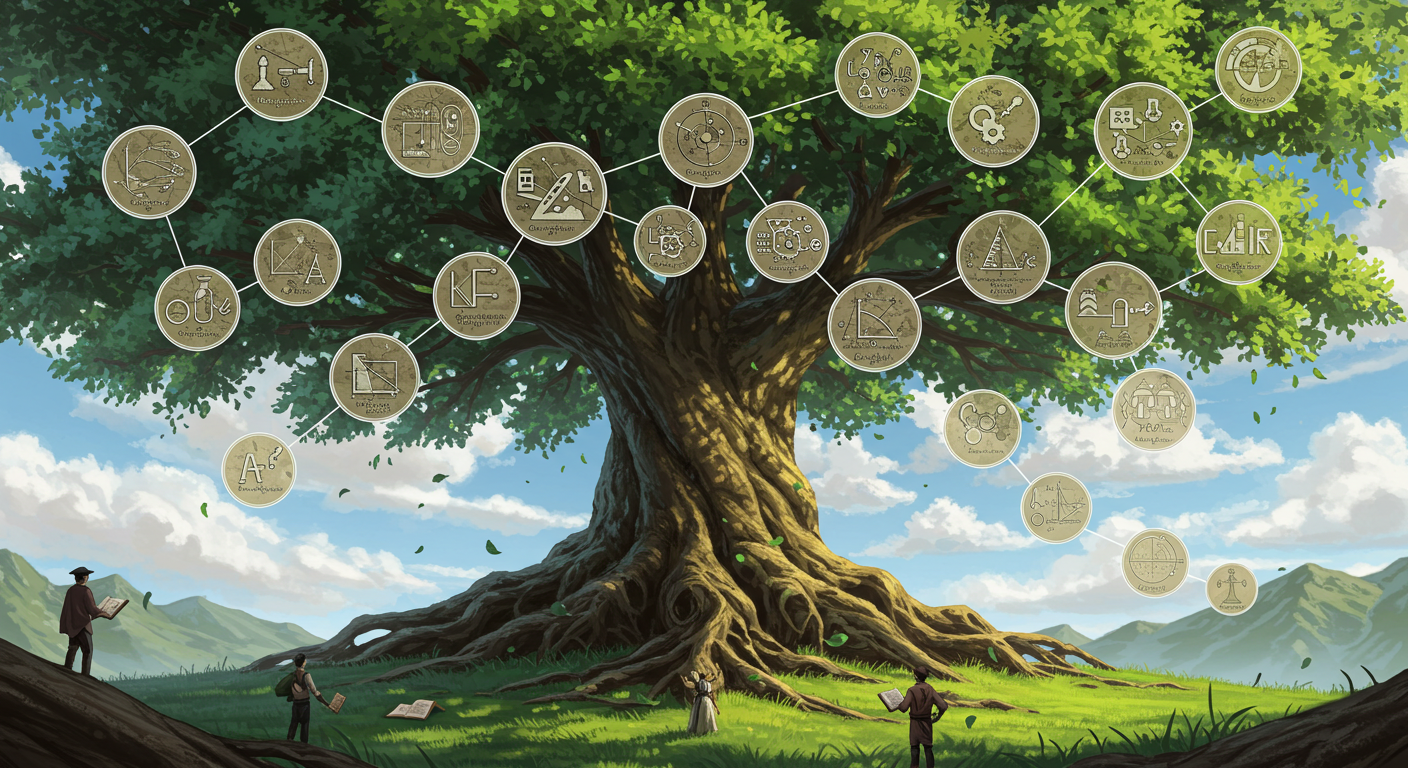The Japanese proverb ‘Baka to Hasami wa Tsukaiyou’ (バカとハサミは使いよう) translates to ‘Even a fool can be useful if used properly’. It is often misunderstood as advising people to deceive or exploit the foolish. However, its meaning is more nuanced. In this article, we’ll explain the true meaning of the proverb and provide real-life examples of how this wisdom can be applied.
Understanding the Proverb: What Does ‘Baka to Hasami wa Tsukaiyou’ Really Mean?
The proverb essentially means that even someone who may not seem intelligent or capable can still be of value if used in the right way. It compares a foolish person to a pair of scissors (hasami), which, when used properly, can be very useful. The key idea here is not about taking advantage of others but about finding the right role or purpose for them.
Common Misunderstandings of the Proverb
Many people interpret the proverb as encouraging deceit or manipulation, suggesting that it’s okay to trick or take advantage of someone perceived as foolish. However, this is a misinterpretation. The proverb does not advocate for exploitation but rather highlights the importance of using everyone’s strengths in the right context.
Real-Life Examples of the Proverb in Action
One example could be in a workplace setting. Imagine a company where a team member is not very skilled in certain tasks but has an exceptional ability to interact with clients. Instead of focusing on their weaknesses, the company might have them handle client relations, where their unique skill set is best utilized.
Another example could be in a school setting. A student who struggles with academic tasks may have a natural talent for creative problem-solving or sports. Teachers and mentors can help that student find their strengths, guiding them towards activities where they excel, rather than focusing on areas where they struggle.
How to Apply This Wisdom in Your Life
Applying the principle of ‘Baka to Hasami wa Tsukaiyou’ in your own life means recognizing that everyone has strengths, even if they are not immediately obvious. Whether you’re working with a colleague, a friend, or a family member, consider how their unique qualities might be used to your advantage. Emphasize collaboration and play to people’s strengths rather than focusing on their weaknesses.
Conclusion: Embracing the Value of Everyone
The proverb ‘Baka to Hasami wa Tsukaiyou’ is a reminder that, with the right approach, even people who seem less capable can bring value to a situation. Instead of exploiting or deceiving them, we should focus on how to utilize their strengths in a way that benefits everyone. Understanding this proverb can lead to better teamwork, stronger relationships, and a more inclusive perspective on the value of others.



コメント